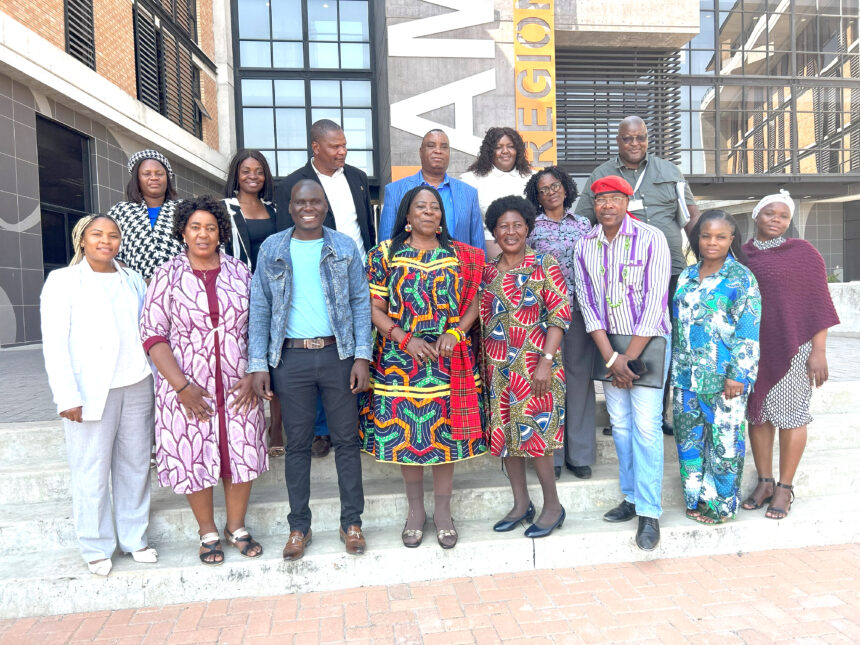KATIMA MULILO – Seasoned lawmaker Becky Ndjoze-Ojo says Namibians should work the land if defeating malnutrition is to be realised.
She is the chairperson of the parliamentary standing committee on gender equality, social development and family affairs.
“It is a very sad situation that we must tackle head-on to make sure our children do not die of malnutrition. The issue is going back to the land, and producing agricultural produce in such a way that we don’t have to import maize from neighbouring countries to feed our children. Self-sufficiency is very important. We must make sure food security is the basis for solving malnutrition problems,” she said on Monday.
Together with her fellow parliamentarians, Ndjoze-Ojo is holding regional consultative meetings and familiarisation visits to state hospitals on malnutrition in Namibia.
They are visiting Zambezi, Kavango East, Kavango West and Ohangwena regions from 22 to 26 July.
In an interview, Zambezi acting health director Richard Likokoto could not share malnutrition statistics in the region, but admitted the numbers are relatively high.
“We feel we are lucky to have our input. From our side, as the health ministry, we feel the statistics are a bit high for the region. I don’t have the figures here with me, but I think the average for the region is a bit high.
Even one death due to malnutrition in the region, for us, is more. We consider these figures to be high. It is the region that has potential in terms of food, and we shouldn’t be having these high figures,” he reacted.
Statistics as provided on 8 July by Marjorie van Wyk, who is the chief programme officer on nutrition in the Ministry of Health and Social Services, show that Namibia recorded 291 332 maternal deaths in 2023, with 4235 stillbirths.
Equally, it reveals that 191353 children were screened for malnutrition between January and June 2024.
Out of those screened, about 10 151 children were treated for malnutrition per region between January and June 2024.
Statistics also show that 7.1% of children have global acute malnutrition, while 2.9% of children have severe acute malnutrition.
Likokoto said while the regional health directorate is still ironing out issues and validating the data, he feels the parliamentarians’ visit opened the region to input on what is on the ground.
Ndjoze-Ojo said their mission is to consult the communities concerning malnutrition in the country.
“We held meetings with the ministry of health. They have given the statistics, but we want the regions to give us their statistics on malnutrition, and what their efforts have been to mitigate this.
“We want to see how we can help as parliamentarians to take their inputs to the legislature if some laws need to be strengthened for them to tackle this issue.
“People were very open, and they were emptying themselves. We came with empty bags, and now our bags are full. They talked to us about their challenges concerning malnutrition in the region. They also spoke about their efforts in fighting malnutrition,” Ndjoze-Ojo said.
Stakeholders who were engaged by parliamentarians include ministries of health, gender equality and education.
Another committee member, Agnes Tjiramba, said there is an urgent need to find solutions to malnutrition.
To this end, she called for a multi-sectoral approach to tackle the issue holistically.
One such solution she recommended to the stakeholders in Zambezi is the establishment of smart village gardens to cater for malnourished children.
“We need to use indigenous seeds so we go for organic food production. We should think of planting healthy food.



